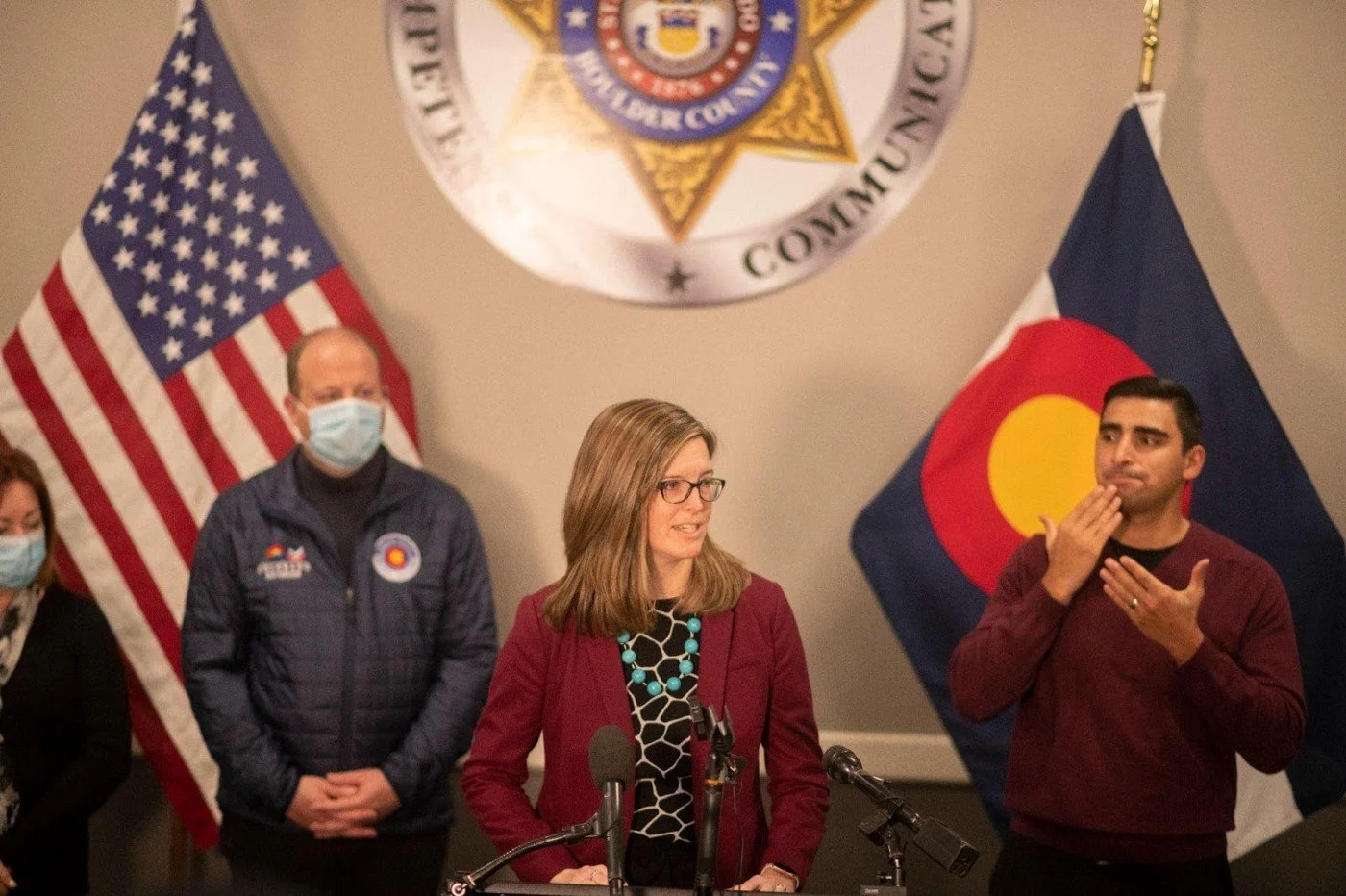Why Xos: Zero-Emission Transportation Helps Fulfill Our Basic Needs
One of our modern basic needs is reliable transportation. Satisfying this need — among others, like food and shelter — are essential to moving beyond a state where we’re merely surviving to an existence where we’re thriving. Maslow’s Hierarchy of Needs recognizes that we have to meet our basic needs to reach our full, self-actualized potential. But what happens when the fulfillment of those needs is threatened or found to cause harm?
For instance, fossil fuels used to power our transportation contributes to climate change, public health concerns, and other adverse effects. To alleviate these negative impacts, we have to usher in a new era of invention in the transportation sector.
I’ve learned a lot over my 20 plus years in the energy industry. But I recognize there is still much more to learn. I’ve seen how our basic needs can no longer be satisfied in the ways we’ve relied upon historically — we need to change how we fulfill those needs.
When we consider the importance of transportation of both people and goods, electrification is a healthier path to fulfilling this need, and this foundational belief underpins my decision to join the Xos Board as an Independent Director.
Speaking at a press conference about the Boulder wildfires, January 2022
Electrifying Fleets and Meeting Basic Needs
With the pandemic changing our shopping experiences, increasing our reliance on e-commerce, and pushing last-mile delivery to the forefront, commercial transportation is more vital now than ever.
Unfortunately, commercial transportation contributes to the sector with the highest greenhouse gas emissions in the country. Due in part to the increase in CO2 pollution since the Industrial Revolution, our environment is radically changing around us with new weather patterns, increasing wildfires, and other catastrophic effects. It’s on us to innovate and find better, more affordable, and cleaner modes of transportation for the delivery of goods.
Meeting DC legislators
I fully recognize solving this problem is twofold; we have to address both sides of the equation, including transportation and electric generation. During the last decade of working in the utility industry, I’ve seen the evolution of thought and innovation of technology to meet the needs of our customers and communities firsthand.
For example, more than two dozen major utility providers announced aggressive goals to achieve carbon-neutral electrical systems by 2050, and many set remarkable goals by 2030. Legacy automakers have also made similar net-zero pledges.
Xos Forges the Way with Sustainable Fulfillment of Our Basic Needs
Xos is a leader in building a sustainable path to meeting our continued future transportation needs. For every Xos vehicle added to a fleet for last-mile delivery, a diesel vehicle and its harmful emissions can be retired.
I’m proud to be a member of the Xos Board and I’m committed to doing my part to help Xos succeed in creating a cleaner environment for my children and the future generations to come.


